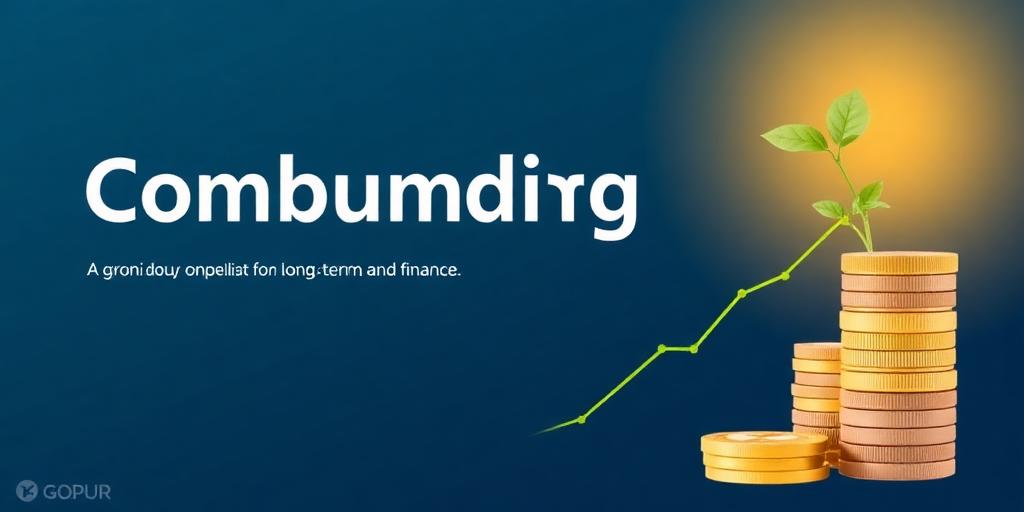Understanding the nuances between life insurance and term insurance is crucial for making informed financial decisions. Both offer a financial safety net, but they cater to different needs and financial goals. This article provides a comprehensive comparison to help you determine which type of insurance best suits your situation.
What is Term Life Insurance?
Term life insurance provides coverage for a specific period, typically ranging from 10 to 30 years. If the insured person dies within this term, the beneficiary receives a death benefit. If the term expires and the policy is not renewed, coverage ceases. Term life insurance is generally more affordable than whole life insurance, making it a popular choice for those seeking cost-effective protection during specific life stages, such as raising children or paying off a mortgage.
Key Features of Term Life Insurance:
- Affordability: Lower premiums compared to permanent life insurance.
- Specific Term: Coverage lasts for a defined period.
- Simplicity: Straightforward coverage without additional investment components.
- Renewability: Option to renew the policy at the end of the term, though premiums may increase.
What is Whole Life Insurance?
Whole life insurance is a type of permanent life insurance that provides coverage for the insured's entire life, as long as premiums are paid. In addition to the death benefit, whole life insurance policies accumulate cash value over time. This cash value grows on a tax-deferred basis and can be borrowed against or withdrawn, providing a source of funds for various needs.
Key Features of Whole Life Insurance:
- Lifelong Coverage: Protection for the entire life of the insured.
- Cash Value Accumulation: Policy builds cash value that grows over time.
- Fixed Premiums: Premiums typically remain level throughout the life of the policy.
- Tax Advantages: Cash value growth is tax-deferred, and death benefits are generally tax-free.
Life Insurance vs. Term Insurance: Key Differences
| Feature | Term Life Insurance | Whole Life Insurance | | :--------------- | :---------------------------------------- | :----------------------------------------- | | Coverage Period | Specific term (e.g., 10, 20, or 30 years) | Lifetime | | Premium Cost | Lower | Higher | | Cash Value | None | Accumulates over time | | Policy Complexity | Simpler | More complex | | Best For | Temporary needs, budget-conscious individuals | Long-term needs, wealth accumulation |
Which One Do You Need?
The choice between life insurance and term insurance depends on your individual circumstances and financial goals:
- Choose Term Life Insurance If:
- You need coverage for a specific period, such as while raising children or paying off a mortgage.
- You are on a budget and want the most coverage for the lowest premium.
- You want a simple, straightforward insurance product.
- Choose Whole Life Insurance If:
- You want lifelong coverage that will protect your loved ones no matter when you die.
- You are interested in the cash value accumulation feature as a way to save for retirement or other long-term goals.
- You prefer the stability of fixed premiums and guaranteed death benefits.
Conclusion
Both life insurance and term insurance serve valuable purposes in financial planning. Term life insurance offers affordable protection for a specific period, while whole life insurance provides lifelong coverage and cash value accumulation. By understanding the key differences and evaluating your own needs, you can make an informed decision that provides the best financial security for you and your family.









